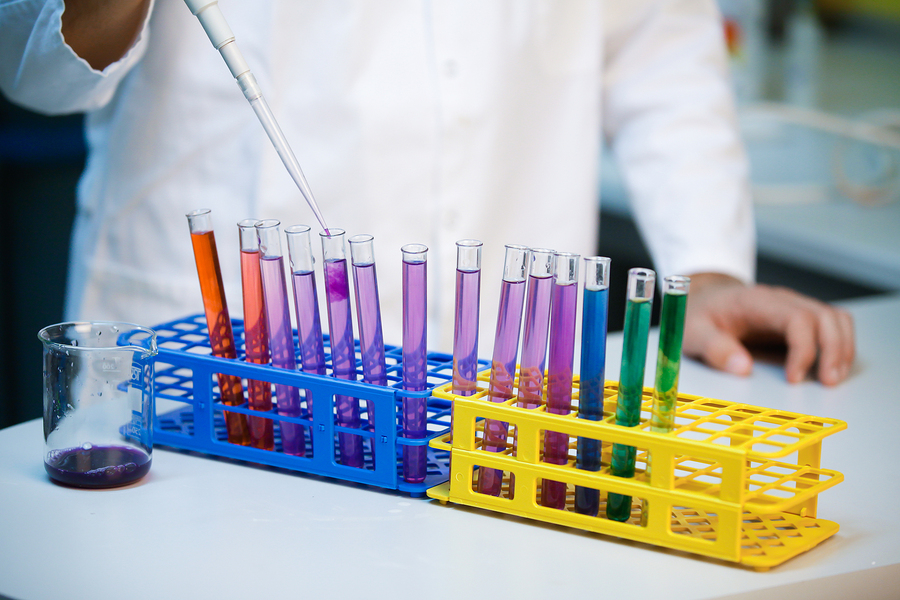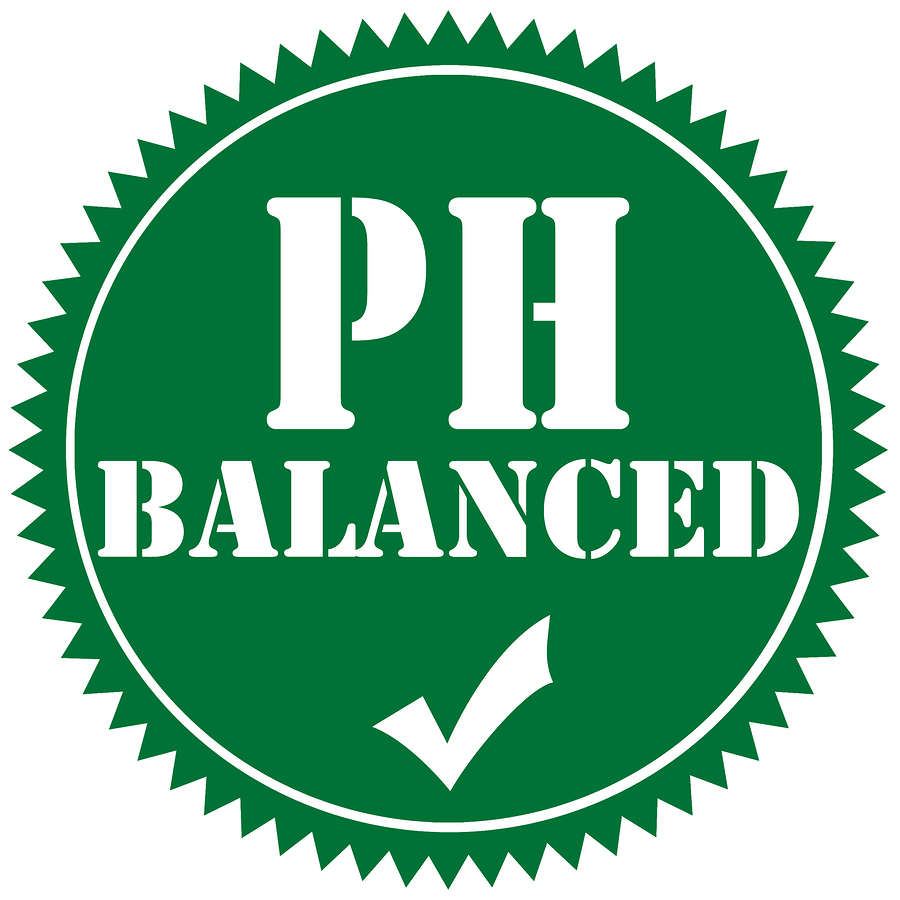- Make It Yourself Lavender Heart-Shaped Bath Bombs!
- 20 Things You Never Knew About “Down There”
- 12 Best Foods For Those Suffering From Arthritis Pain
- 12 Personal Hygiene Mistakes Almost Everyone Makes (Mom Never Told You About #4!)
- 15 Medicinal Plants And Herbs From The Cherokee People
- 12 Mind-Blowing Benefits Of Drinking Coconut Water During Pregnancy
- 12 Outstanding Winter Foods That Won’t Fatten You Up Like A Christmas Turkey
Surprising Signs Your Body Is Too Acidic And 10 Ways To Fix It

Photo credit: bigstock.com
You’ve probably heard a lot lately about alkaline water and acid in the body. Perhaps you wondered what people were talking about. Perhaps you wondered if your body might be acidic and what you should do about it.
We are going to answer all your questions here.
When your body is too acidic, it is unhealthy. It makes the perfect environment for bacteria, yeast, and cancer to grow. An acidic body also sucks minerals from the bones and organs in an attempt to neutralize the acid and remove it. This can cause dangerously low levels of the body’s necessary important minerals, such as magnesium, calcium, and potassium. The damage that this brings can go undetected for years. After years of running at an unhealthy level, if not corrected, it eventually leads to acidosis.
Most Americans consume far too many foods that turn acidic in the body, such as sugar, red meat, refined grains, and dairy products. This means that the body is constantly generating acidic waste products and looking for ways to remove them or neutralize them.
The good news is that this process can be completely reversed. When you consider the health consequences caused by a poor pH balance, mild acidosis, you will quickly see why this is a worthwhile endeavor.
Typical health problems caused by an acidic body include:
– Allergies
– Acne
– Inflamed or sensitive gums
– Joint pain
– Aching muscles from lactic acid buildup
– Immune system problems
– Headaches, sleepiness, confusion
– Stiff neck, sciatica, lumbago
– Osteoporosis, weak or brittle bones, hip fractures
– Respiratory problems
– Nausea, vomiting, diarrhea
– Yeast overgrowth
– Premature aging of the skin
– Accelerated damage from free radicals
– Cardiovascular problems, including constriction or rigidity of the blood vessels
– Bladder and/or kidney infections
– Weight gain, obesity
– Heart issues including arrhythmias or increased heart rate
Continue to Page 2

Photo credit: bigstock.com
How can you reverse these types of problems? First, you will need to know what the pH of your body is. A normal and healthy pH reading should be between 6.75 and 7.25. The perfect reading is considered to be 7.36, but don’t worry if you don’t hit that mark. As long as you are between 6.75 and 7.25, you are doing fine.
You can test your pH by picking up a pack of pH test strips at any drugstore. You should try to test your urine at approximately the same time each day to get the most accurate reading. For most people, this will be first thing in the morning, before you eat or drink anything. As the day progresses, your pH levels will vary depending on what you eat or drink, so to get an idea of your average pH, do your test first thing each morning and make a note of it. After about 2 weeks, you will begin to see your average reading. The goal is to try to eat so that your morning urine measures between 6.75 and 7.25.
Changing your diet is the best way to change the pH of your body. The problem is that you cannot tell if a food will be acidic or alkaline in the body simply by taste. A good example of this is lemons. No one would doubt that lemons are very acidic and can eat right through the enamel on your teeth. However, once they are in the stomach, the digestion process turns the acids into nothing more than water and carbon dioxide.
You will want to add plenty of foods that that contain wonderfully alkalizing minerals such as calcium, iron, potassium, sodium, and magnesium. Foods high in these minerals, such as spinach, are the greatest source of alkaline.
Some of the best foods to consume to make your body more alkaline are:
- Lemons and limes
- Root veggies such as carrots, beets, and turnips
- Cruciferous veggies such as broccoli, cauliflower, kale, and cabbage
- Leafy greens, including Swiss chard, mustard greens, collard greens, and spinach
- Garlic
- Almonds
- Sea salt
- Spices such as cinnamon, curry, ginger, and mustard
The body does have its limits as to how alkaline it can become. This is why a regular diet is so important for maintaining a proper alkaline-acid balance in the body. Keeping your body on the alkaline side of things isn’t like having your gall bladder removed; one operation and you are good to go. Keeping your body more alkaline than acidic will involve eating more alkaline-forming foods and cutting out as many of the acid-forming foods as possible each and every day.
Want to improve your alkalinity? It’s not as difficult as you might think:
1. Add a green juice or green smoothie to your daily diet plan
2. Remove sodas and energy drinks from your diet
3. Add herbal teas and other green drinks such as wheatgrass juice
4. Don’t forget to drink plenty of water (alkaline water is nice, but not necessary)
5. Rather than consume bread, which is acidic, use lettuce leaves or collard greens as wraps
6. Replace at least half of your usual milk with coconut milk or almond milk
7. Remove acidic foods such as sugar, white flour, red meat, processed meats, and excessive dairy products
8. Avoid processed foods as much as possible
9. Replace your usual lunchtime sandwich or hamburger with a large, vegetable-filled salad
10. Check your pH levels on a regular basis to be sure that you are keeping yourself on track
RELATED: How To Find Out If You Are Too Acidic, And Balance Your Natural pH Level
Yes, it might take you a little while to adjust. You will have to get used to avoiding your usual foods and paying attention to the foods you are eating. Once you get accustomed to it, however, you will not regret it. You will begin to feel better, your health will improve, and you will feel your energy levels returning to a high you thought was gone forever.
There is no question, what we eat has a direct impact on our health. Think healthy; think alkaline!
References:






























